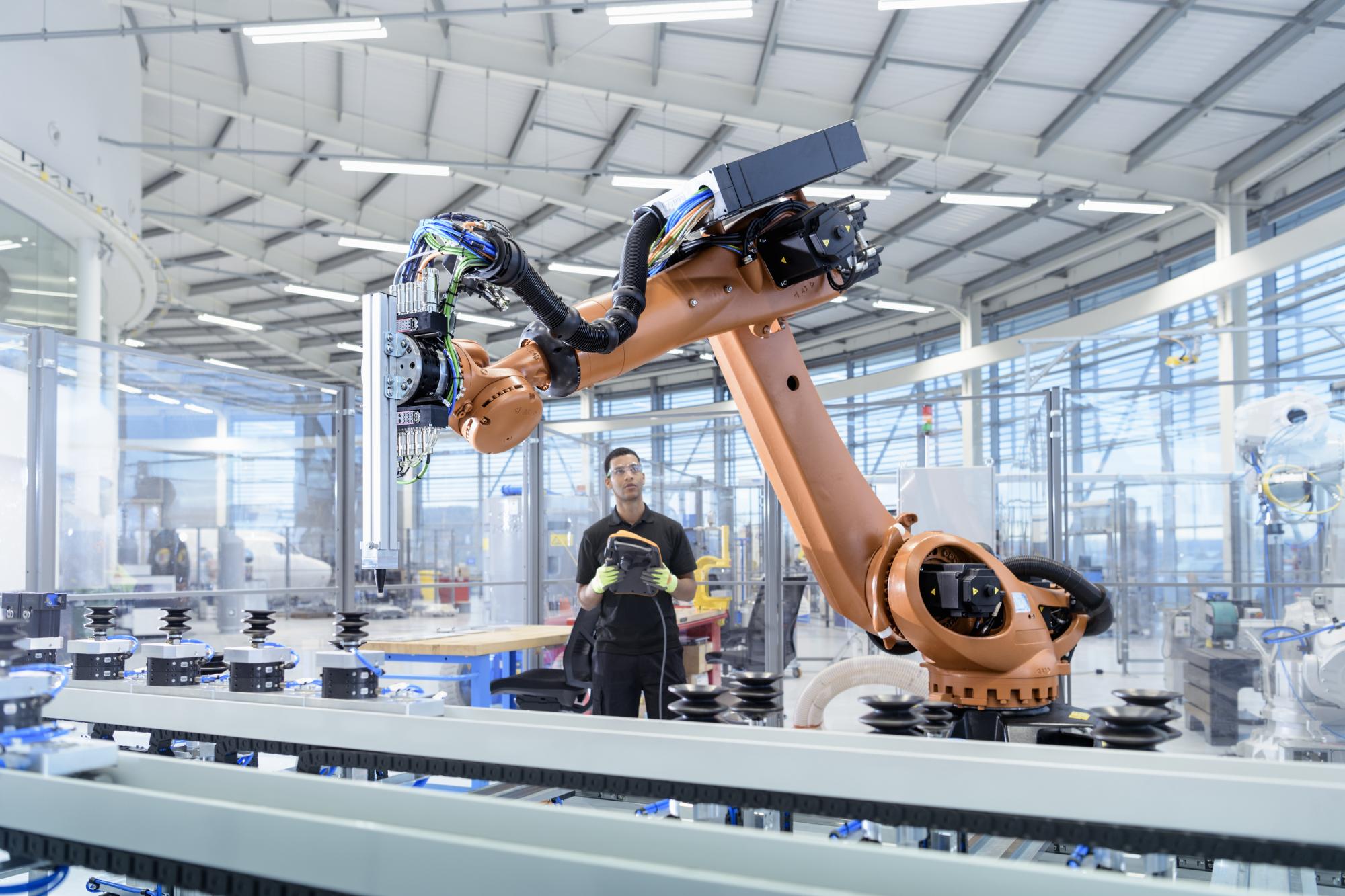Under Mayor Mark Stodola, National League of Cities has launched an initiative to ensure the workforce remains human-focused
LITTLE ROCK, ARKANSAS — June 27, 2018 — Today, the National League of Cities (NLC) released a new report, “Assessing the Future of Our Work: Automation and the Role of Cities,” which analyzes the potential impact of jobs and skillsets most and least at risk of disappearing due to automation, and presents recommendations for cities. The report was released at a media event at the Little Rock Technology Park and Venture Center, a coworking, incubator, office and meeting space that opened in 2017. Federal Communications Commission (FCC) Commissioner Jessica Rosenworcel also spoke at the event, discussing the local leadership needed to support the nationwide deployment of next-generation broadband technologies.
“As president of the National League of Cities, my goal is to help city leaders build stronger communities,” said Mark Stodola, mayor of Little Rock, Arkansas, and president of NLC. “One of the biggest challenges – and greatest opportunities – that we have as local officials is preparing our cities for the future of work. Because it is in cities where we find the leadership and innovation required to do so.”
The report found the most secure occupations (less than 30 percent automatable) include managerial and supervisory positions. Meanwhile, occupations that are most at risk (more than 70 percent automatable) are the ones that pay poorly, are compensated hourly and are generally physically demanding.
The research analyzes occupations that are growing between now and 2026 in order to demonstrate how many of these are in areas that will likely be automated versus those that will not. The research also takes a skills-based assessment and presents options for career paths that people can take from highly automatable jobs to less automatable, more human-centered work. This analysis of potential job pathways is also incredibly important as nearly a quarter of American workers are currently working below their skill level.
Cities that will fare best in this new economy are those that invest in a diverse mix of occupations — making them less vulnerable to industry changes — as well as educational opportunities that match the needs of employers. Examples highlighted in the report include Boston, Massachusetts; Richmond, Virginia; and Minneapolis, Minnesota.
“The ‘future’ of work is now, and we are already feeling the effects of these changes,” said Brooks Rainwater, senior executive and director of NLC’s Center for City Solutions. “There needs to be a stronger focus on soft skills in the workforce, up-skilling people for the jobs of tomorrow, and exploring far-reaching income support solutions. At the end of the day, this story is about people, and what we need to do to ensure that every American has access to a fulfilling, good-paying job that puts food on the table.”
Key recommendations for city leaders from the report include:
- Looking beyond job placement towards income mobility and economic stability.
- Drawing on available federal resources like TAACCCT, WIF and CTE.
- Considering ways to match the demands of their local industries with the skillsets of their populations.
- Rethinking education and workforce training programs to meet constantly changing employer needs.
- Working to create policies that build pathways between post-secondary education institutions and their business communities.
- Ensuring that business development programs consider equity.
- Exploring and implementing programs and pilots that go beyond the traditional mix of workforce support.
NLC’s future of work initiative focuses on workforce development in three key areas: technology and innovation; pathways to success, meaning that we need to make sure our education system is equipped to handle these changes; and equity and inclusion in the workforce.
###
The National League of Cities (NLC) is the voice of America’s cities, towns and villages, representing more than 200 million people across the country. NLC works to strengthen local leadership, influence federal policy and drive innovative solutions. Stay connected with NLC on Facebook, Twitter, LinkedIn and Instagram.
